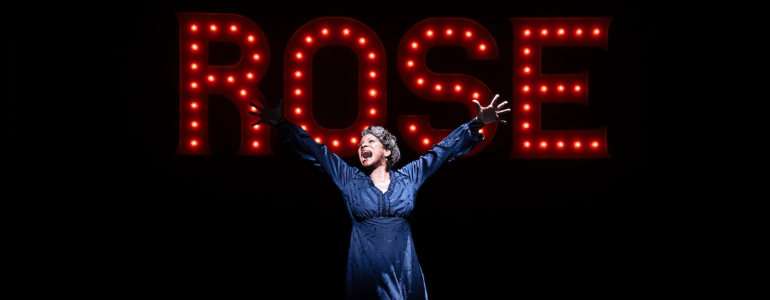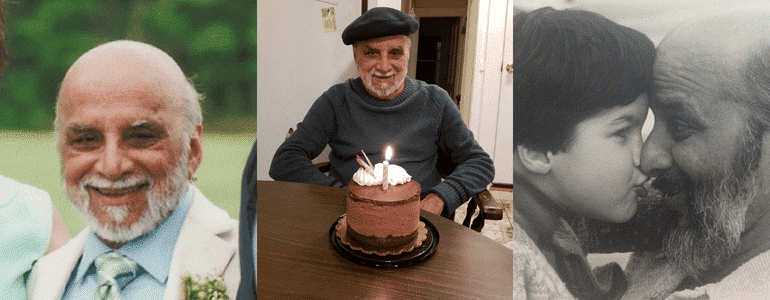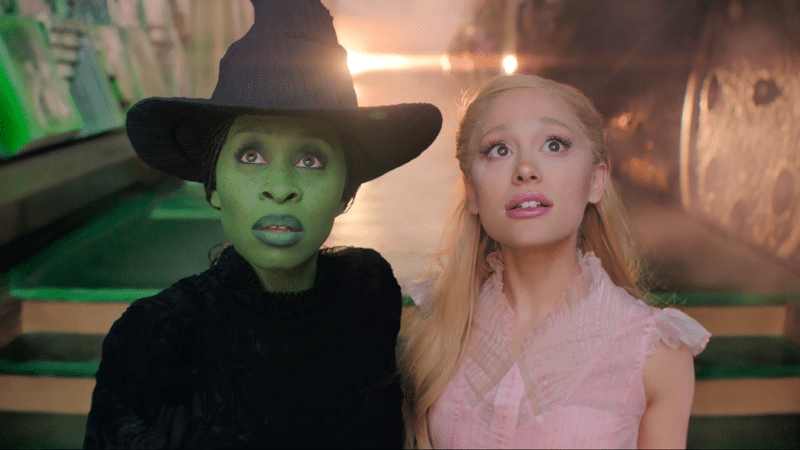If you like (INSERT SHOW HERE), you may also like (INSERT OTHER SHOW HERE).
One of the greatest retail revolutions of the past decade was Amazon’s use of “suggestions” based on your prior purchasing habits. And the simple “If you like this product, you’ll also like this product,” suggestion spawned all sorts of derivatives like, “Other customers who bought this product, also bought this other product,” or “Other customers bought this other product at the same time they bought the product you’re buying right now,” or “Hey – buy more stuff right now because you know you’re going to.”
This sales practice utilizes two of Dr. Robert Cialdini’s Influence trigger points, Consistency and Social Proof. (By the way, if you haven’t read that book, and are in the business of trying to get someone else to do something, get it now.)
It was so successful (read this article bragging about a 29% increase in Amazon revenue thanks to the recommendation engine), other industries . . . specifically entertainment industries . . . followed suit. You’ll see this on Netflix (and isn’t it funny how NF is always recommending the shows that they produced?), and you’ll see it on iTunes, and even on Barnes & Noble (remember when we used to hang out at Barnes & Noble? And now, I can’t remember the last time I saw one, never mind bought something from one).
And, of course, the industry that has unfortunately lagged behind the “recommendation revolution” is the theater.
Shocking.
One of the first excuses I’ve heard as to why we’re not doing more of this is that our ticketing technology isn’t up to the task just yet. Well dang it, it should be. We’re a billion dollar industry. We should be able to afford the latest and greatest live entertainment purchasing engines on the planet.
But that may not be the real reason we’re slow to adopt what obviously works.
It’s about fear.
There are Producers out there that are afraid to have other shows recommended even after a purchase has been made for their show. And there are others who don’t even want a title of another show whispered to the consumer while they are in the sales funnel. And I get it. It makes sense. Don’t distract the customer before they’re going to click buy.
But, I’d argue that . . .
- You have to be confident that your show is good enough to close the sale, and someone that drifts away wasn’t going to make a purchase anyway.
- You might lose some sales when other shows are recommended, but you’ll gain much more when you are the show being recommended.
(And frankly, all of this is moot if the recommendation is given to the consumer AFTER the sale is complete.)
We’re a fearful industry. We were afraid to give away seat locations at one point. We were afraid to have movies of a musical running in the cinemas if it was also on Broadway. We ARE afraid to stream our shows.
We have proof positive from our big business partners that this stuff works. So it’s time to join the recommendation revolution.
Oh, and if the technology won’t catch up? Shows should use an old fashioned workaround.
Find a partner show that is similar to yours . . . a “Show Buddy” I call it. Create an alliance. You’ll tell all your ticket buyers to see that show if they tell their ticket buyers to see yours. A simple, low tech, and FREE way to drive ticket sales that is probably a heck of a lot more effective than a TV commercial.
(Got a comment? I love ‘em, so comment below! Email Subscribers, click here then scroll down to say what’s on your mind!)
– – – – –
Podcasting
Ken created one of the first Broadway podcasts, recording over 250 episodes over 7 years. It features interviews with A-listers in the theater about how they “made it”, including 2 Pulitzer Prize Winners, 7 Academy Award Winners and 76 Tony Award winners. Notable guests include Pasek & Paul, Kenny Leon, Lynn Ahrens and more.













